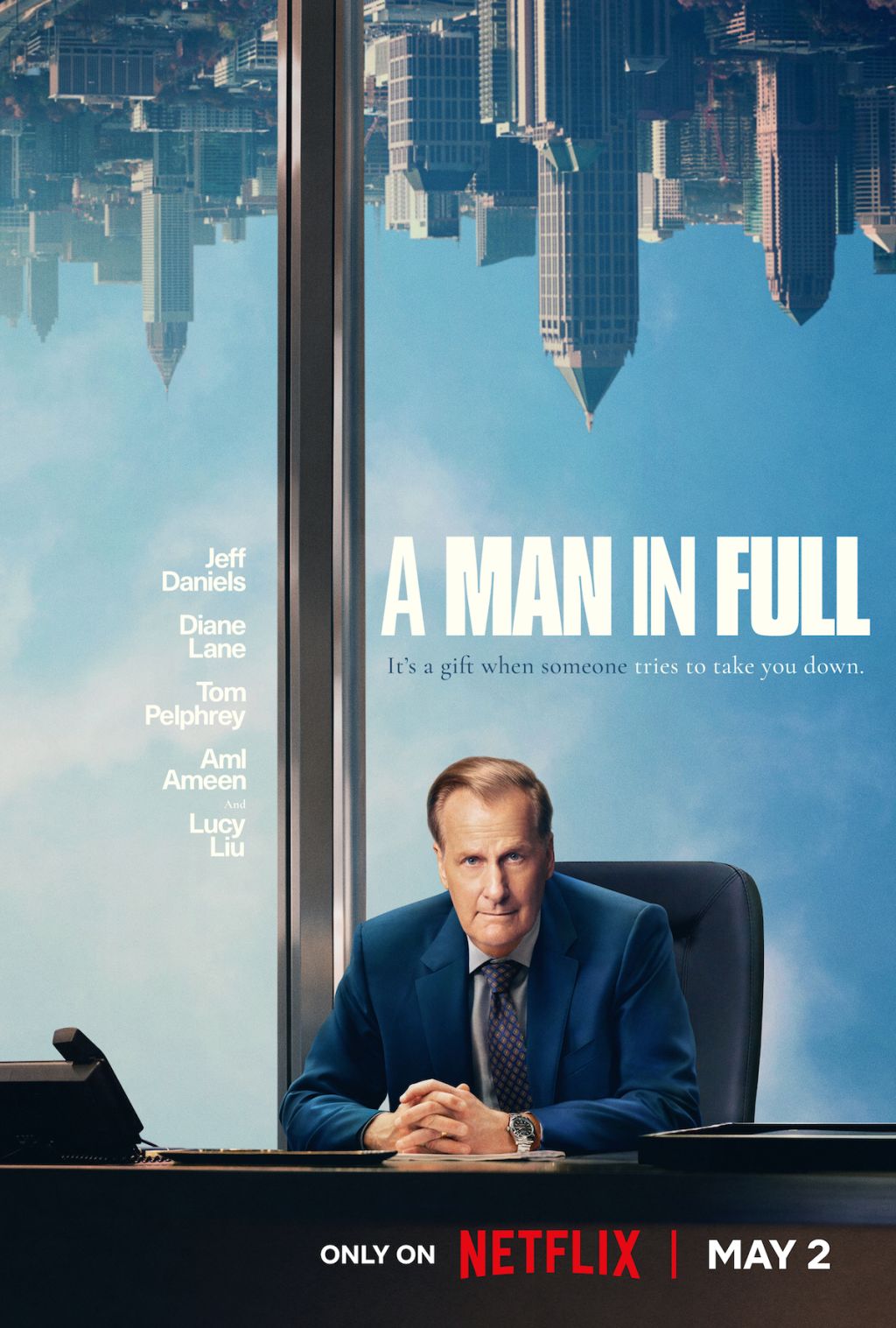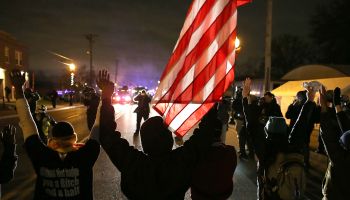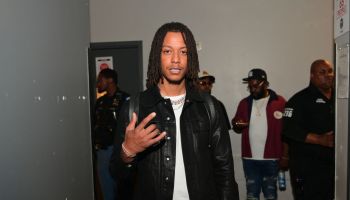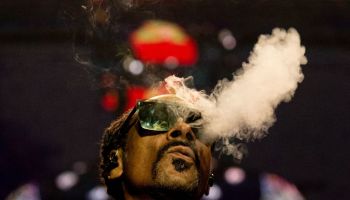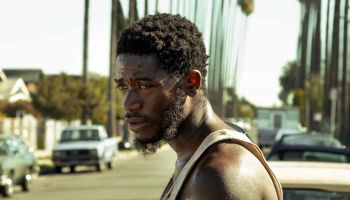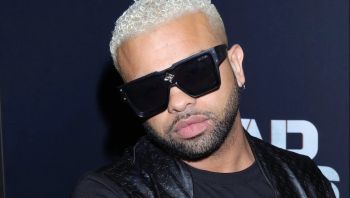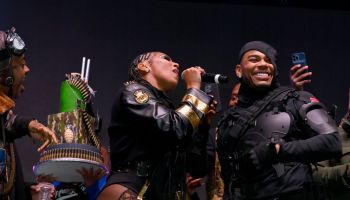In response to the police shooting of an unarmed black teenager in Ferguson, Mo. and the national eruption of protests to denounce police violence, President Barack Obama spoke with reporters and a handful of activists in meetings Monday to discuss policing practices, how to reform police relations, and policy solutions to smooth over tensions between police and minority communities.
During the three meetings, all held in order to boost accountability of law enforcement, the president outlined a new action that included possible funding for body cameras and a task force created to examine police practices.
“There have been commissions before, there have been task forces, there have been conversations and nothing happens,” Obama told reporters as he sat with a group of several dozen activists who the White House had invited to meet with him in the wake of continued protests in Ferguson and around the country.
President Obama’s first order of business is a request for Congress to provide $75 million over the next three years to help local police departments purchase up to 50,000 body cameras. The devices, worn by police during interactions with the public, were strongly backed by civil rights advocates and local police union officials aiming to document police conduct.
According to ABC, the body camera program is just one aspect of strengthening trust between communities and police departments — the program is just a piece of the $263 million budget request that includes “money for training of law enforcement officers and more resources to reform police departments, administration officials.”
The president’s task force, created with the purpose of providing a report with recommendations on how to “promote effective crime reduction while building public trust,” was also touted as a way to improve police practices. Obama appointed former Assistant Attorney General and George Mason University professor Laurie Robinson and Philadelphia Police Commissioner Charles Ramsey to chair the task force.
In addition, Obama will reportedly sign an executive order for federal agencies to develop uniform policy for military-style equipment acquisition.
But for many, the changes seem like a band-aid, not a true solution to the systematic profiling that allows police to shoot and kill black men, women, and children without consequence.
Antoine White, a hip-hop artist from St. Louis who is known as T-Dubb-O, said of body cameras during an interview, “I still consider it a Band-Aid” on a much larger problem.
“Giving a policeman a camera does not prevent him from shooting me in the head,” he said, noting officers at times don’t turn on the cameras.
Obama also refused to criticize the behavior of Ferguson police in the days following Michael Brown Jr.’s death, instead defending the Pentagon initiative that sends excess military equipment to local police departments.
The White House also did not adopt proposals from civil rights activists to create a national police czar or require local police departments that get funding from the Department of Justice to implement certain policies, such as mandating officers undergo racial bias training.
“We appreciate the president wanted to meet with us, but now he must deliver with meaningful policy,” said James Hayes, political director for the Ohio Students Association, who was one of the young activists who met with the president.
In a statement, he added, “We are calling on everyone who believes that Black lives matter to continue taking to the streets until we get real change for our communities.”
Truth is, police officers nationwide are still avoiding indictments with video evidence available. Only time will tell how effective President Obama’s new action will be.
SOURCE: ABC, NBC | PHOTO CREDIT: Getty | VIDEO SOURCE: News Inc.
